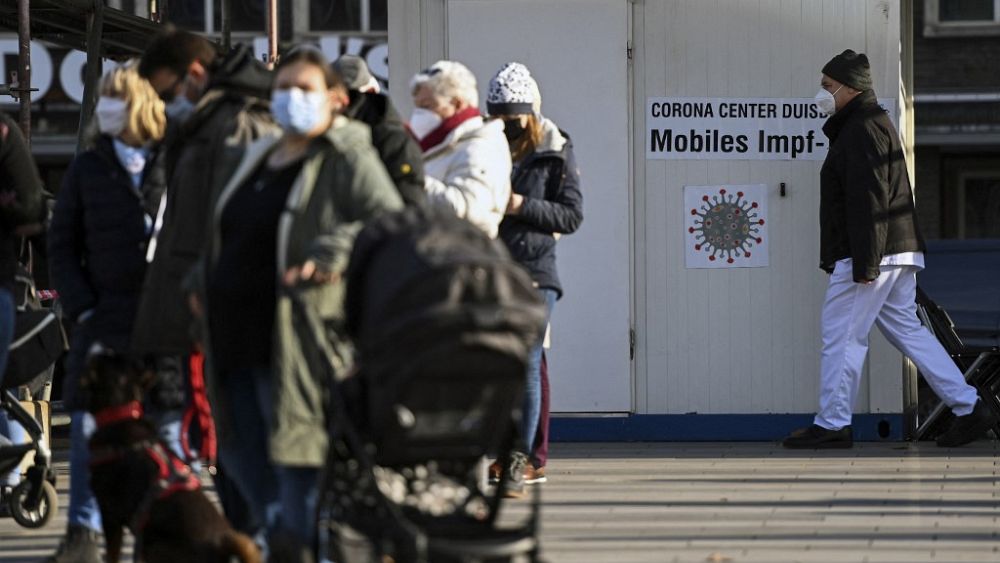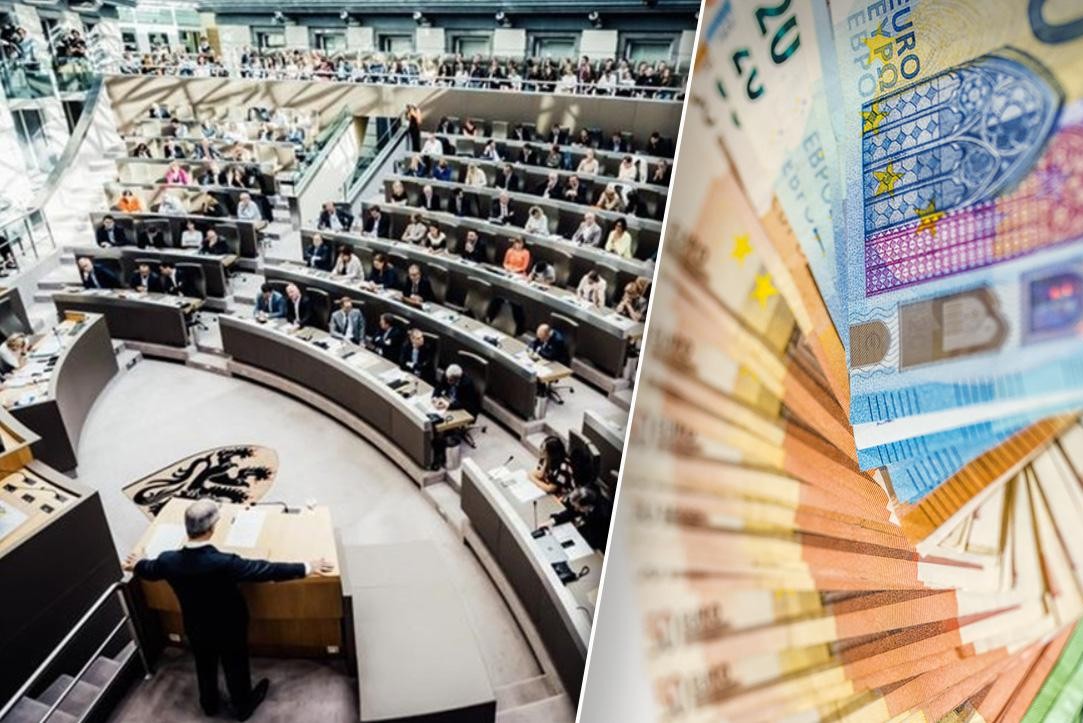Central and Eastern Europe is fully undergoing a new onslaught of COVID and to combat it, restrictions are being put in place again.
In the Netherlands, social distancing measures are reinstated and the closing hours of hotels and non-essential shops are brought forward.
The acting prime minister. Mark Rutte, has warned that “the virus is everywhere, throughout the country, in all sectors and age groups, and urges his fellow citizens to work from home and not receive more than four guests at the same time.”
Closed or canceled events
Likewise, sporting events will be played again behind closed doors, including the qualifying match for the Qatar 2022 World Cup between the Netherlands and Norway next Tuesday in Rotterdam.
For the same reason, the Dutch authorities have canceled at the last minute a major international conference of the countries that are party to the Convention for the Prohibition of Antipersonnel Mines and that was to be held on November 15 and 19 in The Hague. Now the event becomes virtual.
Austria, confine the unvaccinated
In Austria, the situation is similar and it is proposed to confine 35% of the unvaccinated population, although the modalities have not yet been specified. To the mixture of distrust towards vaccines, present in other countries of the region, is added in Austria the anti-vaccination campaign of the ultra-nationalist party FPÖ, with 18% of the intention to vote.
Austrian Chancellor Alexander Schallenberg justified his decision by stating “We have to protect the majority of the population who did the right thing, who protected themselves. I do not see a need for a confinement of the majority of the population.”
The Government plans to approve these measures this Sunday but wants to negotiate first with the nine federal states of the country.
Two of them, Upper Austria and Salzburg, which have the highest levels of contagion and the lowest vaccination levels, will apply this confinement already from Monday, although it has not yet been clarified how it will be carried out or how it will be controlled.
The confinement in Austria did not mean absolute confinement in the first wave, since, apart from going to work or shopping, they also allowed themselves to go out for a walk to take care of their mental health.
Germany, “we have tough weeks and months ahead of us”
In neighboring Germany, with 67% of the population vaccinated with the complete schedule, the figure of 50,000 new infections was exceeded for the first time this Thursday and some lander are also going to impose restrictions on those not inoculated.
The acting German government was in favor of tightening measures in the country on Friday in the face of the rapid increase in infections with almost daily absolute maximums, while the Robert Koch Institute (RKI) of virology advocated reducing contacts to a minimum.
In a joint press conference with the president of the RKI, Lothar Wieler, to assess the situation, the acting Minister of Health, Jens Spahn, considered it necessary not to rule out partial stops in public life.
Vaccines make “the decisive difference”, Spahn underlined, “but there is no longer enough time”, so he announced that as of this Saturday the free tests for the entire population will be reestablished, which ceased to be, with exceptions, the last October 11.
Germany’s acting Minister of Health also insisted on the need to apply the 2G + rule in public events, that is, limit access only to vaccinated or healed people, with an additional and mandatory presentation of a negative test.
The RKI president went further, stating that “in general terms major events should be considered critically” and added that “the best thing would be to cancel” certain major events.
Wieler warned that “it is already late”, that the situation will continue to worsen throughout Germany and that this evolution cannot be stopped without additional measures. “We have tough weeks and months ahead of us and we must now avoid contagion,” he added.
He also urged the population to “change their behavior”, comply with hygiene and distancing rules, wear a mask, get vaccinated, avoid crowds of people and reduce contacts to a minimum.
Russia, more than a thousand deaths a day
And in eastern Europe, Russia is undoubtedly the country most affected by the pandemic with more than a thousand deaths a day for weeks.
To stop the advance of the coronavirus, the authorities gave a week of paid vacation to the Russians that ended last Monday and whose result, according to the authorities, will be fully known in the coming days.
According to the Moscow Mayor’s Office, non-working days helped stabilize the pandemic situation in the Russian capital, however, more than five regions reported a deterioration in the situation and chose to extend paid holidays for a few more days.
The Russian authorities attribute the sharp increase in infections and deaths in recent weeks to the aggressiveness of the delta variant, the lack of strict compliance with sanitary rules by many Russians and, above all, to the low vaccination rate in the country that does not exceed 40%.
– .


